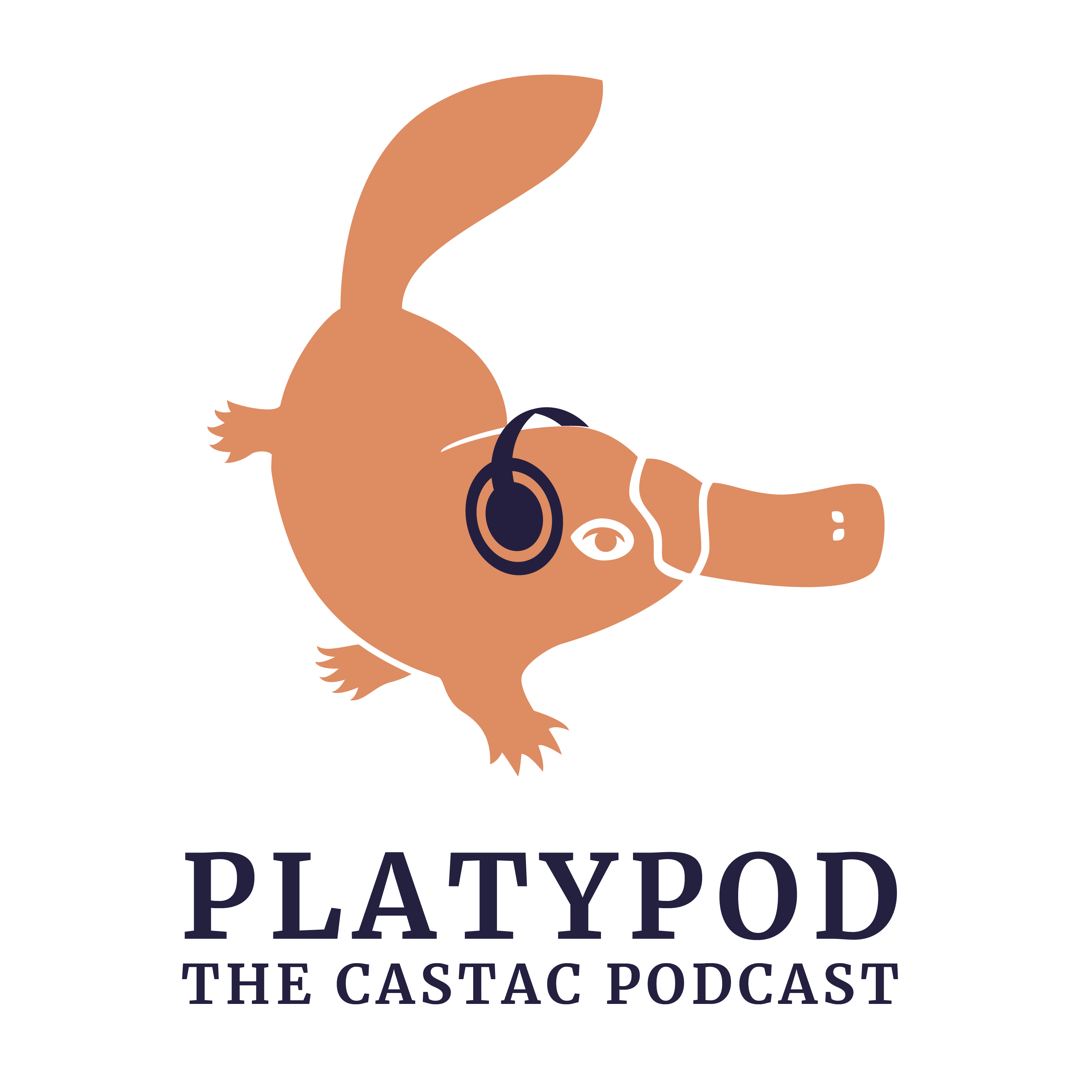A few years ago, Paul Edwards and colleagues (2011) introduced a notion of “science friction”—the idea that scientific datasets do not magically fuse together into a readily accessible “open” stockpile, and instead must be communicated and reshaped in order for scientists to collaborate across them. While it is all too easy to imagine endlessly wired interoperable devices, and bodies thoroughly mediated by fluid streams of measurement, the reality is not that simple. The Data Friction panel at the American Anthropological Association (AAA) meetings this past year attempted to take the idea of science friction further, and ask what else can we see when we turn our attention to frictionful encounters with data. This panel considered what alternative forms of knowing become possible by paying attention occasions where data fails to be mobile, or to the ways data and bodies resist being bound by models, devices, and infrastructures. What we see when we pay attention to frictions are significant questions of ownership, the slipperiness social relations, and examples of how people inhabit more fundamental social, material and conceptual incommensurabilities that data often surfaces. These social formations open up broader questions of the work that underlying notions of what constitutes “data” are doing. (read more...)


